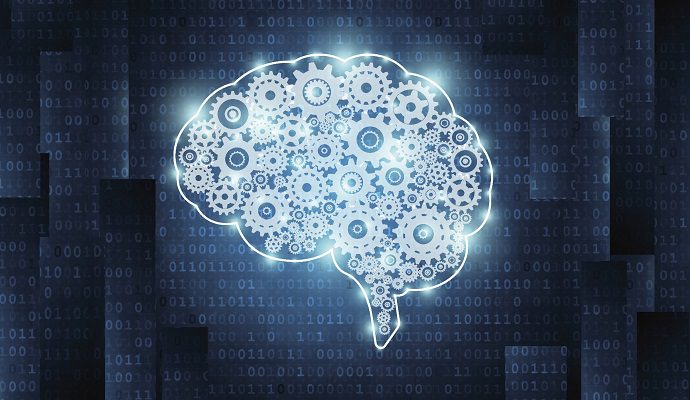A team of scientists from Massachusetts General Hospital and the University of Minnesota Medical School has done a pilot human study on improving some specific functions of the brain. The study has found that it is possible to recover some specific brain roles that are linked to self-control and mental flexibility by combining artificial intelligence (AI) and targeted electric brain stimulation. The study has been conducted on 12 patients who have undergone brain surgery for epilepsy. Brain surgery for epilepsy is a procedure where doctors put hundreds of small electrodes across the brain to track its activity and find out the source of seizures. The senior author of the study, Dr. Alik Widge, who is an assistant professor of psychiatry, has joined hands with Dr. Sydney Cash who is an expert in epilepsy research, and Dr. Darin Dougherty who is an expert in clinical brain stimulation for the new study. Dr. Alik Widge is also a member of the Medical Discovery Team on Addiction from the University of Minnesota Medical School. The authors of the study have seen that the mental function of patients has improved when a brain area known as the internal capsule has been stimulated with tiny amounts of electrical charge. Experts have said that the internal capsule is critical for cognitive control such as the course of shifting from one thought pattern or conduct to another. They have said that cognitive control is found damaged in most patients with mental issues. The findings of the study have been released in Nature Biomedical Engineering.
The senior author of the study, Dr. Alik Widge has said that a person who is dealing with depression finds it hard to get out of a negative thought, as it is so central to the mental ailment, with the new approach, experts might be able to improve the state of patients with depression. The team of experts has designed algorithms as well for the study. Scientists have said that with the help of algorithms they will be able to monitor the cognitive control capacity of patients from their actions and directly from their brain activities after stimulation. The authors of the study have said that the controller technique has been used to boost stimulation whenever patients have done worse in lab tests of cognitive control. This system can interpret brain activity and decode when a patient faces difficulty and apply a tiny burst of electrical stimulation to the brain to boost it and beat the difficulty. This is the first study that has shown that a particular brain function that is linked to a mental issue can be enhanced by using precisely targeted electrical stimulation. The authors of the study have found that there are some specific sub-parts of the structure of the internal capsule of the brain, which is useful for cognitive improvement. Experts have found that a closed-loop algorithm that has been used as a controller has been two times more effective as compared to stimulating at random times.
Experts have said that some patients enrolled in the study have been dealing with anxiety as well as epilepsy. They have said that after treatment with cognitive enhancing stimulation their anxiety has got better. These patients have been able to shift their attention from their distress and concentrate on what they want. The findings of the study show that the new approach can be used to treat patients who are dealing with drug-resistant anxiety, depression, and other mental issues. The new system will help patients with mental issues to take the control of their minds rather than curbing the symptoms. The team of scientists now planning to launch clinical trials on the new method. Dr. Widge has said that the target for boosting cognitive power has been authorized by the US Food and Drug Administration (FDA) for deep brain stimulation. Once the trial is sanctioned, trials can be done with available tools and devices.
